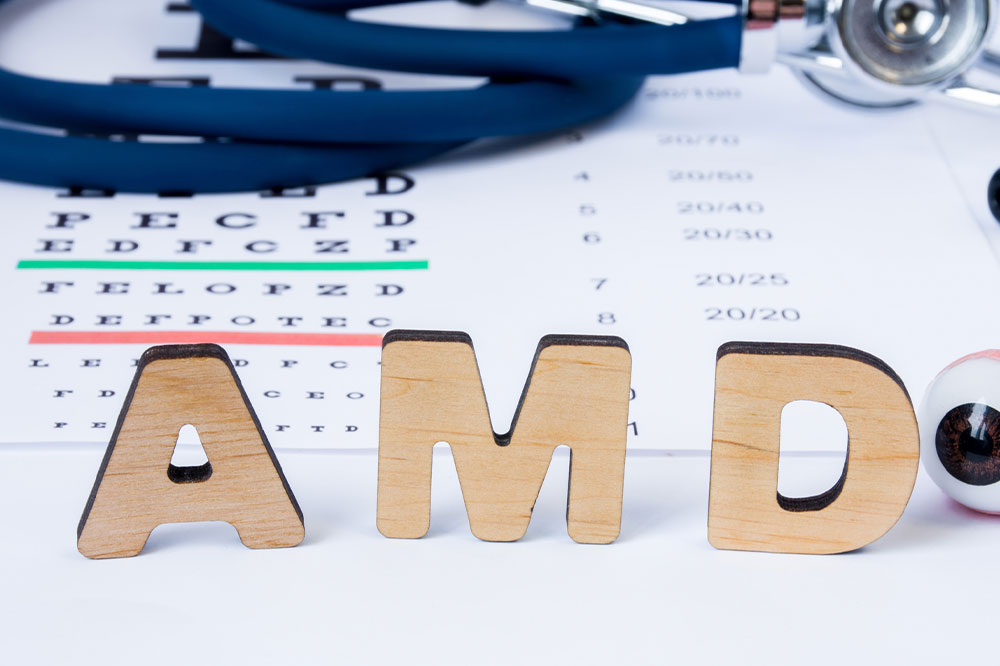
Top 10 mistakes that make food cravings worse
Health
Food cravings are completely normal, as is indulging in them occasionally. However, when food cravings lead to overindulgence, they can be quite harmful. Moreover, battling food cravings becomes even tougher when one is trying to cut down on unhealthy food or switch to a healthier lifestyle. In trying to fight these cravings, one often makes mistakes that can exacerbate them. Here are ten common mistakes that can worsen food cravings and should be avoided: 1. Switching to bland or boring foods When one thinks of switching to healthier food options, they often start incorporating bland food. Thinking that healthy food options need to be bland is a misconception. In fact, when one does not enjoy their food, it only makes them crave better-tasting food even more. So, instead of depriving oneself of taste, focusing on adding flavor and variety to the meals is better. For instance, incorporating spices, herbs, and seasonings can make the dishes more enjoyable. Savoring flavorful meals can then reduce the desire for unhealthy snacks. 2. Skipping meals One of the biggest mistakes individuals often make in their daily routine is skipping meals, especially breakfast. Skipping meals makes one crave food even more. In fact, it leads to intense hunger later in the day, triggering cravings for high-calorie foods because the body needs to get its energy levels back up.













